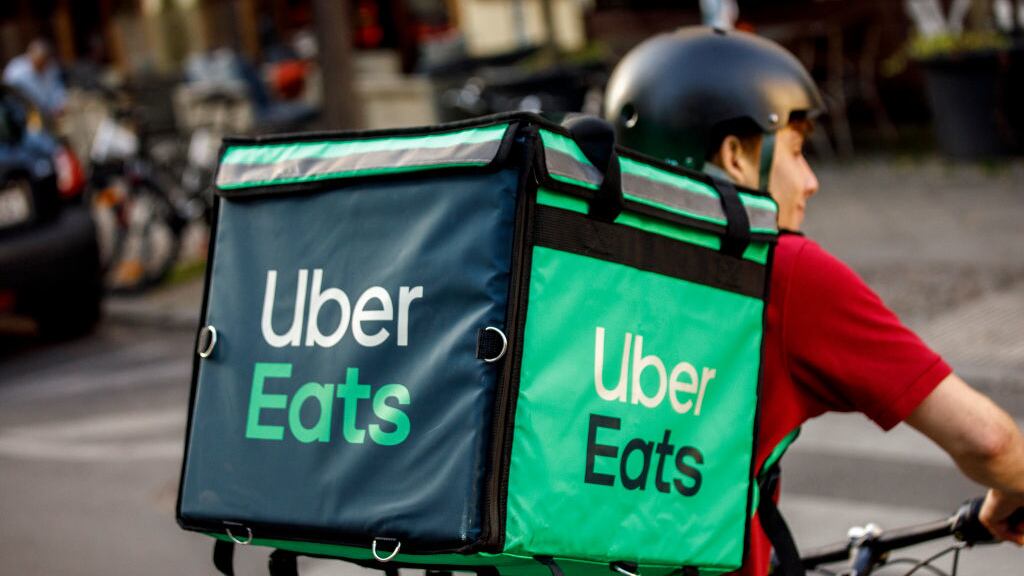Uber Eats has reportedly been forced to cut a controversial scene from a Super Bowl ad it aired earlier this week after an uproar over the commercial allegedly making fun of people with severe peanut allergies.
The ad, which has a running theme of forgetfulness, included one scene in which an allergic man breaking out in hives glances down at the jar of peanut butter he’s eating and says, “There’s peanuts in peanut butter? Oh, it’s the primary ingredient.”
The scene immediately sparked backlash from those who claimed the company was being insensitive to those with a life-threatening allergy. “Cut the peanut butter allergy joke right now - kids die from this crap,” one user demanded, calling Uber Eats “cruel” for including it in their commercial.
The Food Allergy Research & Education group (FARE) even weighed in, slamming the ad as tone deaf to the suffering of millions of Americans. “We're incredibly disappointed by @UberEats' use of life-threatening food allergies as humor in its Super Bowl ad,” they wrote. “The suffering of 33M+ Americans with this condition is no joke. Life-threatening food allergy is a disease, not a diet. Enough is enough.”
The backlash comes not long after the tragic death of a New York City ballerina, who died of anaphylactic shock after eating mislabeled cookies that contained peanuts.
In response, Uber Eats will cut the scene from the final version to air on Super Bowl Sunday, FARE’s CEO Sung Poblete confirmed in a statement. Poblete said she had discussed the ad with Uber, who agreed to “edit out the reference to the peanut allergy” for general audiences on Sunday.
“I want to thank you, our community, for speaking up so that our voices could be heard as we change the way life-threatening food allergies are perceived,” Poblete wrote. “It’s personal for all of us.”






